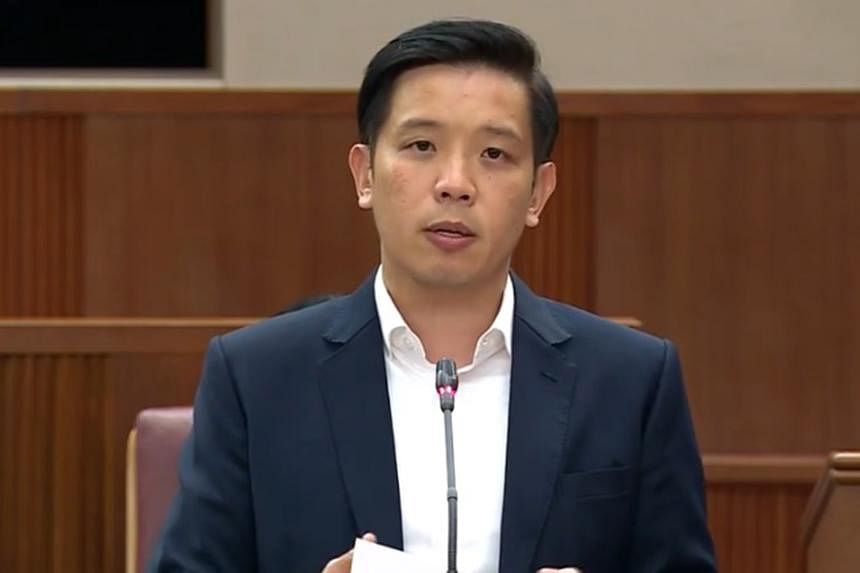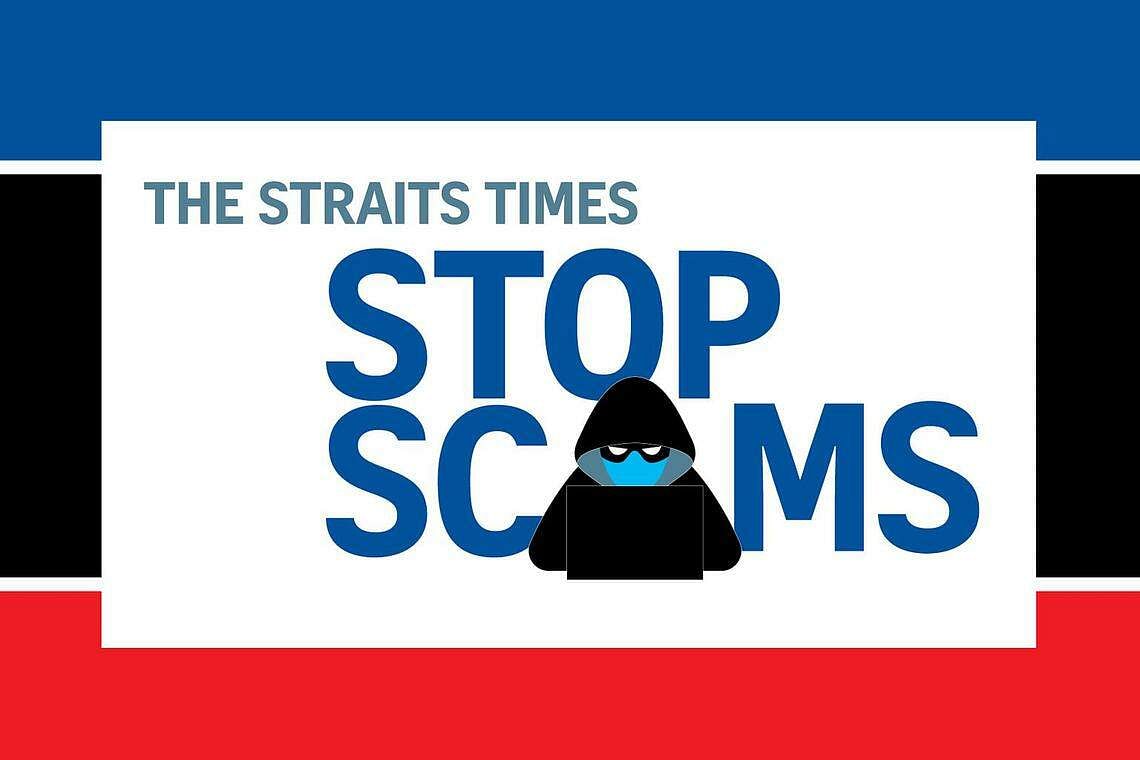SINGAPORE - A framework for sharing responsibility for phishing scam losses among financial institutions, telcos and consumers is set to be rolled out later in 2024, said Minister of State for Trade and Industry Alvin Tan on April 2.
He said in Parliament that the Government would also make public its response to the consultation exercise on the proposed framework launched jointly by the Monetary Authority of Singapore (MAS) and the Infocomm Media Development Authority in October 2023.
The exercise ended in December 2023, and according to Mr Tan – who is also a board member of MAS – many proposals from financial institutions and the public were received.
In response to a parliamentary question, he said: “The Government will take into account suggestions and feedback received from the public consultation... before finalising the Shared Responsibility Framework, or SRF.
“We aim to publish our response to the consultation and implement the SRF later this year.”
The move will make Singapore one of the few jurisdictions worldwide where mobile network operators must share responsibility with financial institutions, such as banks, and other payment service providers, such as Grab, to reimburse victims of phishing scams.
According to the Singapore Police Force, the number of scam and cybercrime cases increased by 49.6 per cent to 50,376 in 2023, compared with 33,669 cases in 2022. However, the total amount lost in these cases registered a slight decrease of 1.3 per cent to $651.8 million in 2023, from $660.7 million in 2022.
The consultation paper had called upon financial institutions to mitigate the risk of seemingly authorised transactions, while telcos should guard against the risk of subscribers receiving SMSes which facilitate such transactions.
In the meantime, Mr Tan urged the public to inquire about the money lock feature that has been offered by the three local banks – DBS Bank, OCBC Bank and UOB – since November 2023.
“Money lock gives customers added protection against digital scams by blocking online access to a portion of their funds,” Mr Tan said.
He said more than 78,000 money lock accounts have been set up, with over $6.6 billion of savings set aside by March 2024.
Among customers who have used the money lock protection, those aged 50 and above make up 44 per cent, those between 30 and 50 years old make up 41 per cent, and those under 30 form 15 per cent.
The minister said other major retail banks will introduce money lock features by mid-2024, and most retail depositors will have a money lock option.
However, MAS has no plans to make money lock mandatory for all banking institutions, he added.
“Local banks will continue to raise awareness and encourage adoption amongst their customer base across all demographic segments,” he said in response to supplementary questions about the Government’s plans to publicise the money lock feature.
He said some of the responses to the consultation paper questioned how the framework factors in consumers’ responsibility, and how to reduce moral hazard. Moral hazard refers to the lack of incentive to guard against risk when one is protected from consequences.
“I think this is a very important point that responsibilities must be shared, and I think that’s the essence of the Shared Responsibility Framework,” said Mr Tan.
He added that the Government has also investigated the approach other authorities have taken over online fraud and shared responsibilities, including reimbursement models implemented in Britain and Australia.
He said Singapore is taking a very concerted, carefully studied approach to protect customers while avoiding any unintended consequences and moral hazards.
He said the Government is also cognisant of emerging cyber threats and new forms of online scams, including those powered by artificial intelligence.
“We will factor all of these in,” he said, adding that the SRF can be expanded to include new variants of scams.



